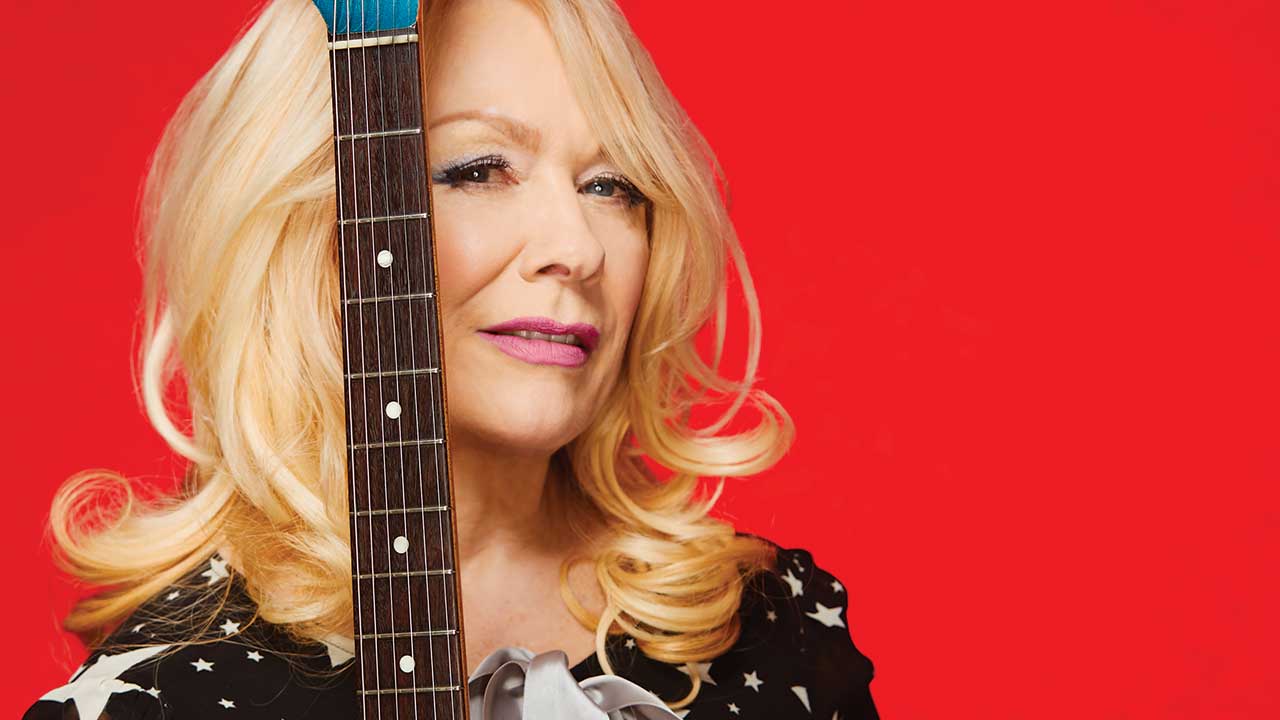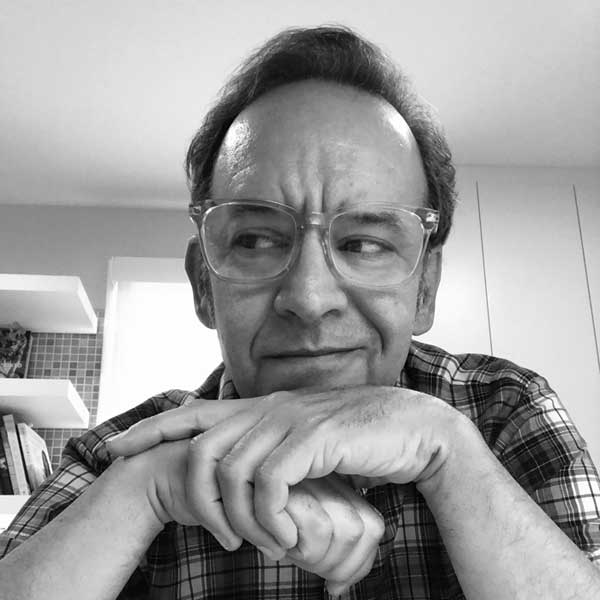If someone had told the 12-year-old Nancy Wilson that one day she’d have her own signature model electric guitar in stores, she might have laughed. Then again, she might have taken it in stride. At that age, Wilson was already three years into pursuing what she calls her “life’s calling”.
“I was possessed,” she says. “I would walk down to the local music store and look at the guitars, because I didn’t have a good one yet. One of the reasons I got really strong is because my first guitar was unplayable; learning how to bar an F-chord was really painful. So I’d pick up a good guitar in the shop, sit down and play Anji by Paul Simon. People would stop and their jaws would drop and be like: “Whoa, look at that little gal go with that big guitar!”
Wilson relates that story with several hearty laughs. In conversation the younger Wilson sister has an appealing blend of self-effacing humour and serious-music-nerd scholarship. The humour has come in handy over the past year, when the nearly 50-year momentum of Heart’s classic-rock ride came to an unexpected pause, along with the rest of the world.
Nancy took the time off to realise two long-deferred projects: the signature Epiphone Fanatic guitar that she designed; and her first-ever solo album, You And Me, featuring contributions from Sammy Hagar and Duff McKagan, covers of Bruce Springsteen and Pearl Jam songs along with original rockers and acoustic beauties.
“I don’t know why it took me so long to do this,” she says. “Maybe I was stuck in the Heart vortex of it all.”

When you designed the first draft of the Epiphone Fanatic in the eighties, what was your vision?
The basic idea was to make a Les Paul Junior-sized guitar, easier for a woman to handle. Not a big heavy Les Paul. Those are the classic kings of Gibson. But I wanted something lighter-weight, with a cutaway that is the echo of a female’s silhouette. And still with all of its rock’n’roll authority.
Why did it take so long to come to fruition?
After I submitted my design, Gibson had a big reorganisation, and my project got lost in the shuffle. Then some people from Epiphone [part of Gibson] came to a Heart show about five years ago and said: “We heard that you once designed a guitar. Do you want to look at that again?” They still had my drawings. So they made a prototype, and called it the Nighthawk.
I thought it was pretty perfect, but I just wanted to make it a bit more sustaining, with distorting capability and a five-way switch. Also, I didn’t want gold hardware, I wanted silver [laughs]. So we finally got what I re-titled the Fanatic. At that time Heart was working on an album called Fanatic. I thought it was way more of a rock name. ‘Nighthawk’ sounded too generic. For a new guitar it really sounds more like a classic guitar. It’s got that beefy dirt that you want.
Who is your top underrated guitar hero?
Paul McCartney, because he plays amazing lead and incredible acoustic. He might just be the most-underrated all-around guitar player. People probably don’t stop to appreciate that, because they concentrate on his songwriting and singing. But listen to his latest album, the way he accompanies himself on acoustic, the lead playing. It’s incredible.
Paul has such a distinctive vibrato as a lead guitarist that you can tell it’s him from just one note.
Isn’t that wild? There are a lot of players where you know who it is immediately – David Gilmour, Stephen Stills, Neil Young – and Paul McCartney is one of those guys.
You’re also a Joni Mitchell fan. Can you tell us a bit about her playing?
Her whole approach to the tunings, and her positions within those tunings, are really not even like guitar playing. It’s more like an orchestra. It’s a whole language that no one else can even speak [laughs]. Her playing sounds like she’s painting landscapes. The tunings, along with her lyrics and melodies, are so sweeping. It’s like a bird’s eye view of being a human.
When Heart first broke through in the seventies, how did you feel about the perception of you as a female guitar hero?
I just felt special and accomplished. And kind of like a show-off [laughs]. I was showing off my skills that nobody expected to see. Because I’d worked really hard at learning how to play, from the age of nine when I saw The Beatles on TV. For a lot of my life I’d hear: “Pretty good for a girl.” But I didn’t care. I was just so proud, and I kind of had an ego about it. That’s what helped me get more proficient, and eventually get into the band and do all the showboating that I like to do [laughs].
How did being off the road in 2020 shape the sound of your first solo album?
It was almost like an enforced assignment, in away, to get back to my pre-Heart self. I joined Heart when I was twenty-one. It’s been such a whirlwind in the decades since: tour, album, tour, album… That was the way to bring home the bacon, and a really good job to have. The travel part is difficult, but the two hours on stage are worth all the exhaustion of getting there. Along the way people would always say: “When are you going to make a solo album?”
I did a live album called Live At McCabe’s Guitar Shop. That was kind of an afterthought. I’d done score work for various films, and a lot of that was like putting out a solo acoustic instrumental record. So finally I had this year, having just moved up to Northern California, and for the first time ever my own music space. It allowed me to go: why don’t I put my fine amplifiers and fine guitars into this room where I can leave everything set up and I can make all the racket I like [laughs].
You’ve reunited with Sue Ennis, who you’ve collaborated with before.
We’ve always had a great experience writing music together, and with my sister Ann along the way as well. For example, on the title track You And Me, both of us had a different song that we’d written to our moms, who are no longer around. Mine was called You And Me And Gravity, hers was called Follow Me. Sue had this really cool music, so I said why don’t we make a hybrid of both of our lyrics?’
So we stitched them together and called it You And Me. We texted and had phone calls, sending each other lyrics and snippets. The whole album, no one was in the same room at all. But the guys who played on the album were all on the road with me and with Heart, so we all know each other’s way of playing.
You’ve done four covers, including Bruce Springsteen and Pearl Jam songs. What moves you to want to cover a particular song?
I had gone to see Springsteen on Broadway, and those songs pared down to guitar and a voice were so powerful. I kind of vowed that night that I was going to sing one of those songs. And I thought since The Rising was originally written for 9/11 and we were in kind of a new nine/eleven situation, where a lot of people’s souls were departing, it would have resonance. I love how it turned out. The woman’s viewpoint gave it a different, motherly aspect that I didn’t expect it to have.
4 Edward is a beautiful instrumental dedicated to Edward Van Halen.
We were on tour with them in the eighties, and Eddie told me one night after a show that he didn’t own a single acoustic guitar. So I took my favourite Ovation and walked it up to his room and handed it to him. At the crack of dawn the next day – obviously he’d been up all night [laughs] – he called my hotel room and he said: “Hey, I wrote something for you on the guitar you gave me. Check it out!” He was probably sitting crosslegged on his bed with the receiver of the phone there, and I was just lying there and listening.
It was a really beautiful acoustic piece. I so wish I could hear it again. Maybe it exists someplace. So on this album I thought I’d return the favour with an acoustic instrumental for him. It was such a sad day for rock’n’roll when the Einstein of guitar players had to disappear. Eddie always played with such joy. He had that three-mile smile.
What’s ahead for you in 2021?
My husband and I just had our first shots of the vaccine, so we’re both feeling hopeful and relieved. It’s been so dire for so long. Now we finally have a proactive guy in office, things are starting to change for the better. I wish I could tour to support this album, but there are still a lot of unknowns, right? I think live music is going to happen again, but maybe not until next year. I’m gonna be really happy when I can get on stage again.
The Epiphone Fanatic is available now. You And Me is out on May 7.

